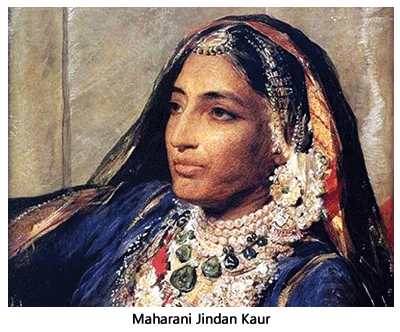- Prelude
- Editorial
- Subodh's 'return home'
- A Conversation with TV Santosh
- It's a War Out There
- Raqib Shaw
- Illusions in Red from a very British Indian Sculptor
- Stand Alone: Shibu Natesan
- Reading Atul Dodiya
- Bharti Kher: An Obsession for Bindis
- Bose Krishnamachari
- The Image - Spectacle and the Self
- From Self-depiction to Self-reference: Contemporary Indian Art
- GenNext: The Epitome of New Generation Art
- Kolkata's Contemporary Art A Look in the Mirror
- Innovation Coalesced with Continuing Chinese Qualities
- Kala Bhavana-Charukala Anushad Exchange Program
- Montblanc Fountain Pens
- Dutch Designs: The Queen Anne Style
- Bangalore Dance Beat
- Decade of change
- Distance Between Art & It's Connoisseur
- What Happened and What's Forthcoming
- 3rd India Art Summit
- New Paradigms of the Global Language of Art
- Black Brown & The Blue: Shuvaprasanna
- Art Events Kolkata
- Musings from Chennai
- Art Bengaluru
- Printmaker's Season
- Mumbai Art Sighting
- The Pause of Profound Stillness
- Previews
- In the News
- The Rebel Queen: An icon of her own times yet looked down upon
ART news & views
The Rebel Queen: An icon of her own times yet looked down upon
Volume: 3 Issue No: 14 Month: 3 Year: 2011
by Sarmistha Maiti
Maharani Jindan Kaur- if you have not yet come across this name, it's high time you must know about her and the best and easiest way is to watch the film Rebel Queen which is based on her life and her contribution in the freedom struggle of India. Maharani Jindan Kaur is the last Sikh ruler of Lahore and the film explores the core area of her life which she had completely dedicated to fight two wars against the British rulers of colonial India. The queen is now considered as an epitome of fearless spirit of womanhood all over the world. It's true that she might not be as popular as Maharani Laxmi Bai and until this film was made, there was hardly any  reference to witness her rebellious self and to know the tale of her bravery and struggle against the British regimen.
reference to witness her rebellious self and to know the tale of her bravery and struggle against the British regimen.
An American entrepreneur Bicky Singh found the Maharani's story to be very interesting and thought, something of that worth should reach out to the mass. He funded for the production of the film Rebel Queen with around $25,000 (£15,500). Director Michael Singh, a California-based filmmaker at one end found the story to be potentially equipped with drama and tragedy as well as with a strong message of self esteem and propagation of courage for the nation on a whole. Her heroic self has been graphed and portrayed in a judicious manner by the British filmmaker and he has drawn the history with reference to the Sikh history which has an anti-notion against the queen and placed it in antagonism to the reality of her own times. This makes the film to take a to & fro journey and the interplay of history and reality through certain interviews and voices that actually intend to portray the other side of the queen that is being eulogized now as her rebellious nature though the Sikhs had looked down upon her.
With the death of her husband in 1839 her revolt began and the British tried to wrest the kingdom from the heir to the throne, her infant son, Duleep Singh. During her rule as regent, Jindan waged two wars against the British which had disastrous outcome and it also led to the annexation of Punjab. There were strategic mistakes on her part due to her military inexperience and young age. This led to many problems in the whole empire and Sikhs too went against this. Jindan was a fierce ruler that became a threat for the British but her aggressive nature disrupted the unity of her own people. British historian Peter Bance describes her as a "very gutsy woman". "She stood her ground against the British . . . she actively took charge of the Punjab." Professor Nikky-Guninder Kaur Singh of Colby College, Maine, US, says: "She was remarkable in how she discarded sati and purdah, dominant at the time, and led the courts, had meetings with chief ministers and the armies. All of them were taking her counsel."
Finally she had to leave her own land and moved to London where she died leaving her only son behind who has become the key protagonist in the making of the film. Another huge aspect is how she had to get her son converted into Christianity in spite of so much of self-esteem she has been devising throughout her life. So a punch of intersected imageries are weaved throughout the film with the hope that the real self of the queen not as a soul of injustice and indignation but as a rebel queen of true nature can come out and the film has tried to attend its desired goal.